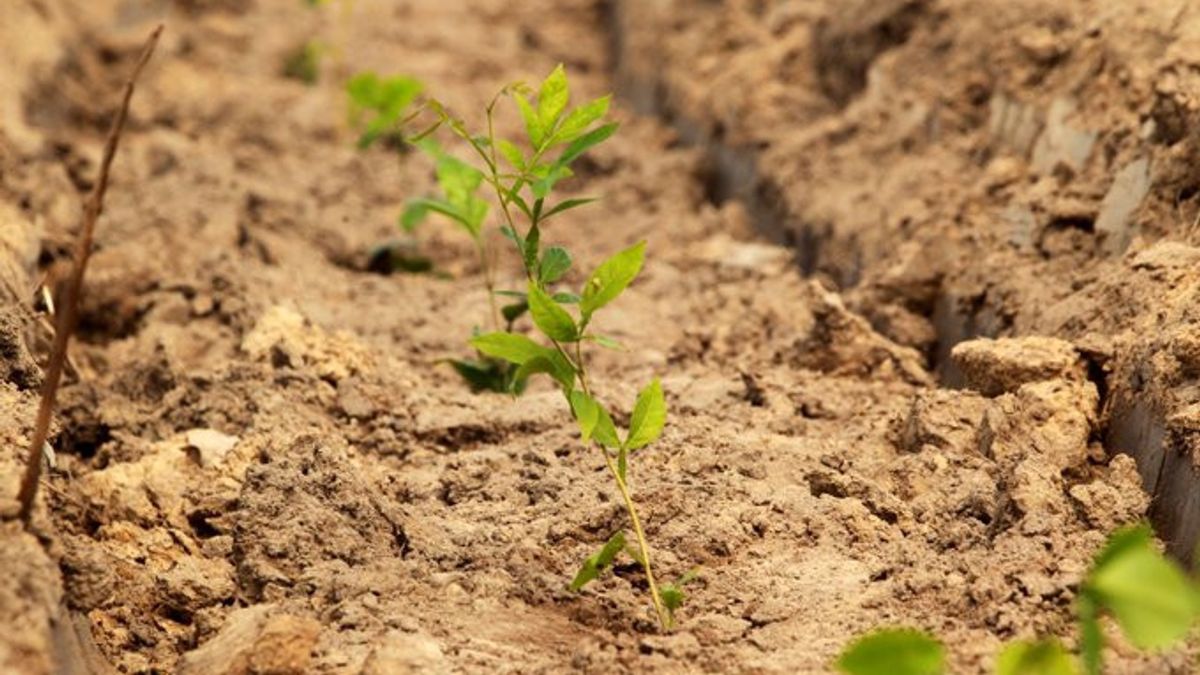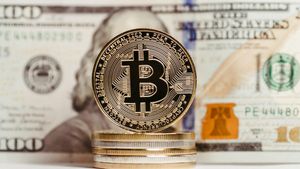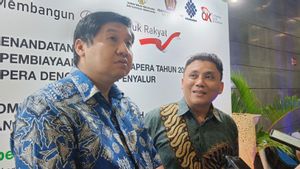جاكرتا - وافقت جوجل، وهي وحدة تابعة لشركة ألفابت، لأول مرة على شراء قروض إزالة الكربون القائمة على الطبيعة من شركة ناشئة في البرازيل، والتي كانت الخطوة الأولى لشركة التكنولوجيا في مشروع الكربون هذا في دولة أمريكا الجنوبية.
جاكرتا - ستشتري جوجل 50 ألف طن من الائتمان المتري لإزالة الكربون حتى عام 2030 من مومباك ، وهي شركة تعمل عن طريق شراء أراض مهينة من المزارعين والمزارعين أو الشراكة معهم لإعادة زراعة الأنواع المحلية في غابات الأمازون المطيرة.
وتسير هذه الخطوة على خطى عملاق تكنولوجي أمريكي آخر، مايكروسوفت، التي وقعت العام الماضي صفقة لشراء ما يصل إلى 1.5 مليون ائتمان كربوني من مومباك. على الرغم من أن جوجل ومومباك لم يكشفا عن تفاصيل قيمة الصفقة ، إلا أنه بحلول عام 2023 ستبيع Mombak ائتمانها إلى McLaren Racing بمتوسط سعر يزيد عن 50 دولارا أمريكيا (750 ألف روبية إندونيسية) للطن.
وقال دان هاربورغ، الرئيس التنفيذي للتكنولوجيا في مومباك، إن مشاركة جوجل في هذا المشروع توفر إشارة إيجابية لصناعة إزالة الكربون القائمة على الطبيعة. وقال في مقابلة: "يظهر هذا الدعم من جوجل ثقة كبيرة في هذا القطاع ومن المتوقع أن يؤدي إلى مزيد من الصفقات في المستقبل".
ويأتي هذا الإعلان تماشيا مع اجتماع للشركات والسلطات يجري هذا الشهر في نيويورك لحضور أسبوع المناخ السنوي. وفي وقت سابق، وافقت ميتا، الشركة الأم لفيسبوك، أيضا على شراء ما يصل إلى 3.9 مليون ائتمان كربوني من أكمام الغابات التابعة لبنك الاستثمار البرازيلي، BTG Pactual.
Google و Microsoft و Meta و Salesforce هي مؤسسو Coalition Simbiosis ، التي تلتزم بشراء ما يصل إلى 20 مليون طن من قروض إزالة الكربون القائمة على الطبيعة بحلول عام 2030.
تتيح ائتمانات الكربون للشركات تعويض انبعاثات غازات الدفيئة الخاصة بها عن طريق دفع تدابير تخفيف الانبعاثات في أماكن أخرى لتحقيق الأهداف المناخية للشركة. ويمثل كل ائتمان تخفيضا بمقدار طن واحد في انبعاثات ثاني أكسيد الكربون. ومع ذلك، تعرض سوق ائتمان الكربون لانتقادات من منظمات مثل منظمة غرينبيس، التي تنص على أن هذا المخطط يسمح للشركات بالاستمرار في إنتاج انبعاثات غازات الدفيئة.
The English, Chinese, Japanese, Arabic, and French versions are automatically generated by the AI. So there may still be inaccuracies in translating, please always see Indonesian as our main language. (system supported by DigitalSiber.id)










